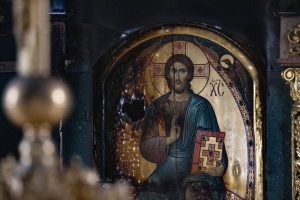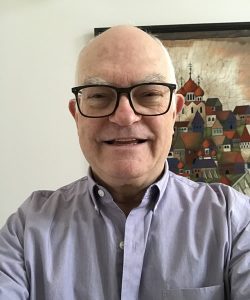Hybrid Neutrality as the Deadlock: The Pope’s Approach to the Russia-Ukraine War

Regina Elsner is an appointed professor of Eastern Churches and Ecumenical Theology at the Catholic-Theological Faculty at the University of Münster.
After one and a half years, the diplomatic efforts in Russia’s war against Ukraine have caused major global disillusionments—no means, strategy, or peace plan has yet brought a truly viable end to the war closer or opened options for a just peace in the region. This includes the Vatican’s multiple diplomatic initiatives. In its dual role as an actor in the community of states and as the center of one of the world’s largest religious communities, the Vatican has ways of maintaining a conversation with warring parties where many other actors can no longer gain access. This position has raised the hope that the Vatican, particularly the Pope, can play a mediating role in Russia’s war.


